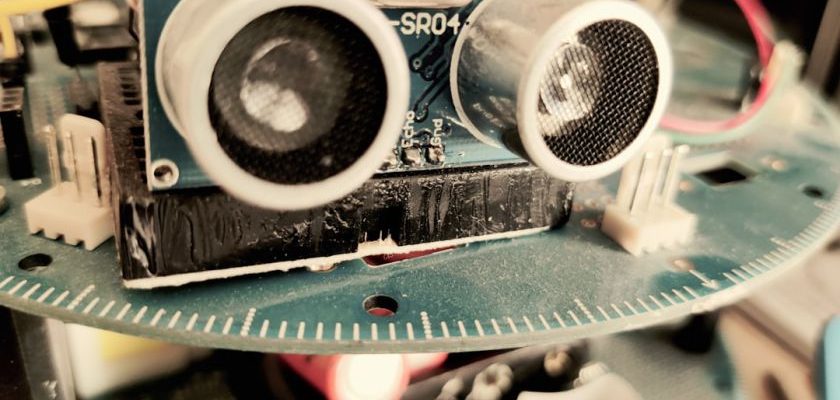In the fast-paced world of technology, microcontrollers play a crucial role in enhancing the efficiency of appliances. These tiny integrated circuits are the brains behind numerous devices we use in our daily lives, from washing machines to microwave ovens. By integrating microcontrollers into appliances, manufacturers can improve functionality, reduce energy consumption, and enhance user experience. Let’s delve deeper into how microcontrollers contribute to making appliances more efficient.
Enhanced Control and Automation
Microcontrollers enable appliances to perform complex tasks with precision and speed. By programming these devices to monitor and adjust various parameters such as temperature, pressure, and timing, manufacturers can ensure optimal performance while minimizing energy waste. For example, a washing machine equipped with a microcontroller can automatically adjust the water level and wash cycle based on the load size, resulting in significant water and energy savings.
Efficient Energy Management
One of the key advantages of using microcontrollers in appliances is their ability to optimize energy usage. These intelligent devices can regulate power consumption based on real-time data and user input. For instance, a refrigerator with a microcontroller can adjust its cooling settings according to the amount of food stored inside, reducing energy wastage and extending the lifespan of the appliance. By intelligently managing energy consumption, microcontrollers help appliances operate more efficiently and cost-effectively.
Improved User Interface
Microcontrollers also play a vital role in enhancing the user experience of appliances. By incorporating user-friendly interfaces and smart features, manufacturers can make appliances more intuitive and convenient to use. For example, a coffee maker with a microcontroller can offer programmable settings for different brew strengths and cup sizes, giving users greater control over their coffee preferences. This level of customization not only improves user satisfaction but also contributes to overall energy efficiency by avoiding unnecessary operations.
Fault Detection and Diagnostics
Another advantage of microcontrollers in appliances is their ability to detect faults and provide diagnostic information to users. By monitoring internal sensors and performance parameters, these devices can identify issues such as component failures or malfunctions in real-time. This proactive approach to maintenance helps users address problems promptly, preventing costly repairs and ensuring the longevity of the appliance. Additionally, by alerting users to potential issues, microcontrollers contribute to overall appliance safety and reliability.
In conclusion, microcontrollers are instrumental in improving the efficiency of appliances by enhancing control and automation, optimizing energy management, providing a better user interface, and enabling fault detection and diagnostics. As technology continues to evolve, the role of microcontrollers in appliances will only become more critical in creating smarter, more energy-efficient devices that enhance our daily lives.

